About 10 years ago, when the state of Pennsylvania passed a law requiring a background check for anyone who worked with children, Megan Benninger volunteered to help her church comply.
At the time, Benninger and her husband were members of a small Southern Baptist Church, where the nursery was run by volunteers and things were a bit disorganized.
“Everything was loosey-goosey,” she said. “I don’t know if we even had a schedule for the nursery.”
Before they got started organizing the background checks, Benninger said a church leader pulled her aside and told her not to include the church’s pastors. None of them worked with kids. Besides, they were pastors and so above reproach.
“They said, don’t even think about the pastors,” she said. “So I didn’t.”
Your tax-deductible gift helps our journalists report the truth and hold Christian leaders and organizations accountable. Give a gift of $50 or more to The Roys Report this month, and you will receive a copy of “Ghosted: An American Story” by Nancy French. To donate, click here.
Years later Benninger learned that one of the pastors, a former Christian school principal, had been convicted of abusing a minor — a revelation that tore their little church apart.
Benninger left that church and now runs BaptistAccountability.org, a website that posts links to news stories about abusive pastors. She says churches can never be too careful.
“I never trust anyone anymore,” said Benninger. “You just never know.”

Since the Catholic sex abuse scandal of the early 2000s, many congregations have moved to make their churches safer for kids — passing new policies and procedures designed to screen out abusers and to report any abuse to authorities. But few denominations check to see if churches follow those procedures or track those who do.
A recent report on Southern Baptist churches from Lifeway Research found that about 58% of those congregations said they do background checks on staff who work with kids, with small congregations — those with fewer than 50 people — least likely (35%) to do those checks. Large churches, those with 250 people or more, are much more likely (94%).
The Lifeway data was limited — only 29 of the Southern Baptist Convention’s 41 state conventions collected data on abuse prevention in churches — and churches were not required to answer those questions.
Dealing with abuse has been difficult for the SBC, as all of its congregations are autonomous and there is no hierarchy to require them to follow safety policies for children. But even denominations with hierarchical structures — like the Episcopal Church or the Evangelical Lutheran Church in America — don’t track what happens on the local level.
Instead, that is left to the local congregation or diocese. A spokesperson from the ELCA provided a link to suggested policy for congregations but said the denomination does not know what local churches are doing. A spokesperson from the Episcopal Church also provided a link to a General Convention decision to produce safe church training materials but said, “decisions on implementation are local.”

Evangelical denominations take a similar approach to how churches deal with child safety.
“Assemblies of God has a well-established history in creating resources on this topic and urging all churches to adopt best practices to protect the vulnerable,” said a spokesperson for the Assemblies of God. “Assemblies of God churches are autonomous and The General Council of the Assemblies of God does not have the ability to create policy for local churches.”
Darrell Morgan, the pastor of CrossWinds Community Church in Stillwater, Minnesota, part of the Converge denomination, said his congregation background-checks all volunteers who work with kids. A church member who is a former investigator helps coordinate those background checks, he said.
A former therapist with experience in social work, Morgan said those background checks are just a first step. The church also does not let volunteers be alone with children and tries to be selective about who gets to volunteer.
“We want a safe environment that is accountable and protects everyone,” he said.
The Rev. Emily Garcia, assistant rector at Church of Our Redeemer in Lexington, Massachusetts, has worked with children’s ministries for about 15 years, starting before she entered the ministry. She said that the local Episcopal diocese requires them to report details of its safe church programs on an annual basis.
Volunteers who work with children must pass a background check, Garcia says, and be an active part of the church for at least six months before starting the screening process.
“Someone came in on their first Sunday and said, ‘I want to work with the children,’” she said, “and we said, ‘OK, talk to us in six months.’ Stick around for a while.”
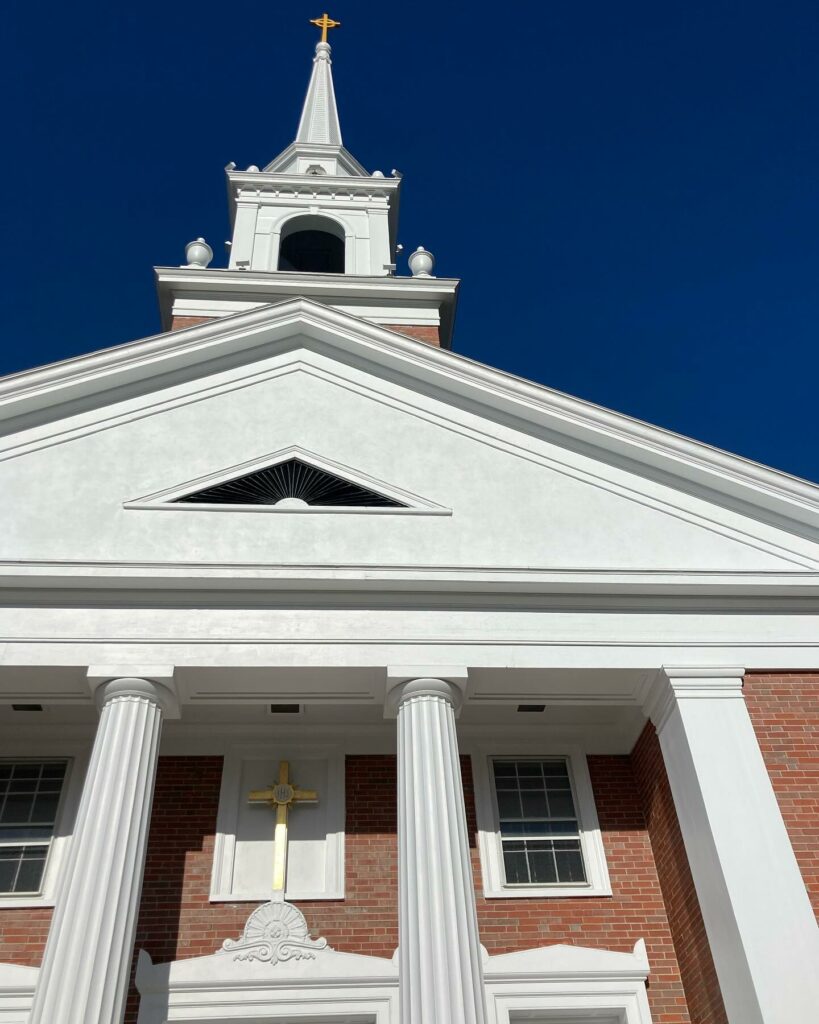
Garcia said potential volunteers also spend time observing with experienced volunteers — and then the more experienced volunteers give their feedback — just to make sure they feel OK with how the volunteer interacted with kids. Volunteers are also required to do a series of trainings.
She said the church has developed a culture that cares about the spiritual formation and safety of children. Having set policies and doing background checks helps maintain that culture, she said.
“The sense is that no one is above a background check,” she said.
Among Southern Baptists, Lifeway found that churches in the Northeast were most likely to do training on how to report abuse and that churches in the Northeast and the West are most likely to do training on how to care for victims of abuse. Churches in the South were least likely.
Lifeway also found that some Baptist state conventions, like the Baptist General Convention of Texas, the Pennsylvania-South Jersey convention and the Minnesota-Wisconsin convention, had the highest levels of doing background checks and abuse training.
Ward Hayes, the treasurer and CFO of Texas Baptists, said that starting in 2015, leaders in the Baptist General Convention decided they wanted to tackle the issue of abuse prevention head-on. That led to a greater emphasis on background checks and training.
“We have made progress,” he said. “We still need to remain diligent and vigilant.”
Hayes said more data is needed to know how much progress has been made and how much work still needs to be done. The state convention only knows how churches are doing with abuse prevention if they report those programs.
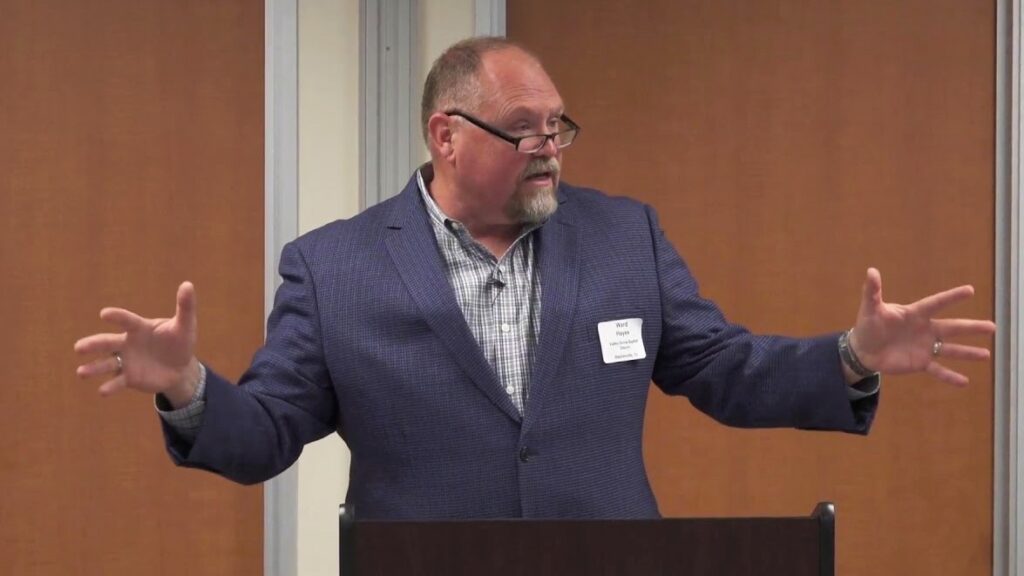
There are some signs that congregations nationwide are addressing abuse and prevention.
The 2020 Faith Communities Today Survey found that 96% of Catholic and Orthodox congregations do background checks, and 94% do training for those who work with children. Seventy-one percent of Mainline congregations and 70% of evangelical churches in the study said they did background checks, while 65% of Mainline congregations and 68% of evangelical churches did training for those who work with children.
The Rev. Stephanie Nelson, pastor of the Covenant Church of Thomaston, Connecticut, said all volunteers with kids are background-checked.
“On my second day on the job, I filled out a background check,” she said.
But she said that is just a first step. She worries some churches may think a background check is enough to make a ministry safe.
It’s not, she said.
“All they tell you is that someone has not been convicted,” she said.
She said that volunteers at Thomaston Covenant have to be part of a church for a year before they work with kids. She also said that two adults are required in every church classroom and that the doors to classrooms are always kept open.
Nelson, who worked with children and youth at several churches before becoming a senior pastor, said the church stressed that safety is part of caring for the spiritual formation of kids.
“We are here to serve them,” she said. “And our primary goal is to keep them safe.”
 Bob Smietana is a national reporter for Religion News Service.
Bob Smietana is a national reporter for Religion News Service.





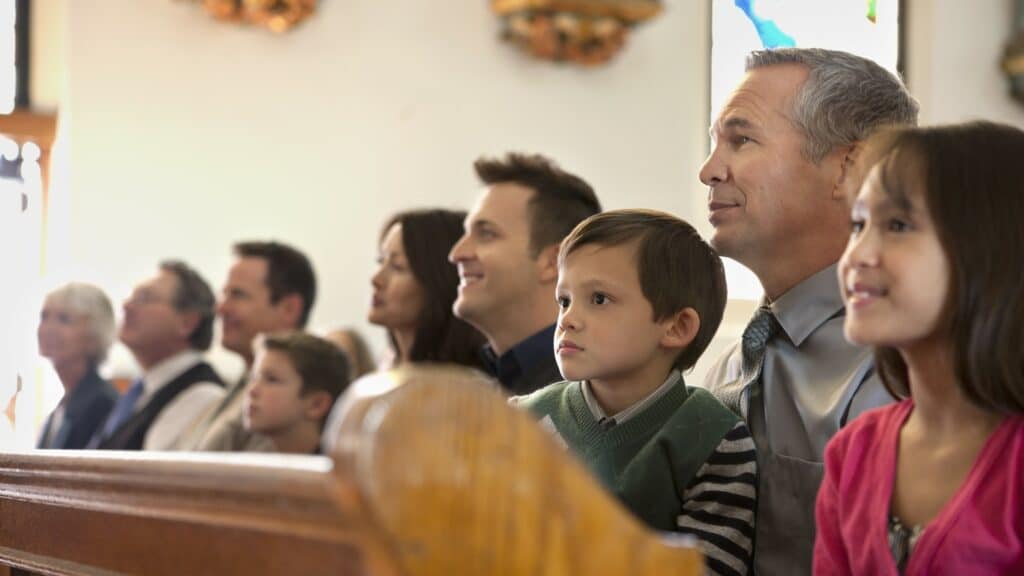

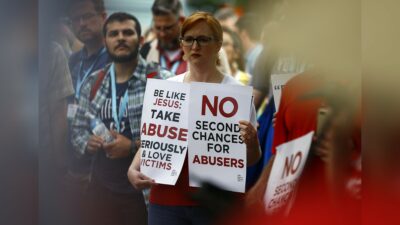
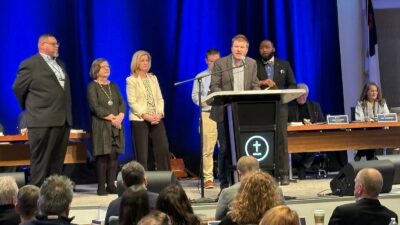

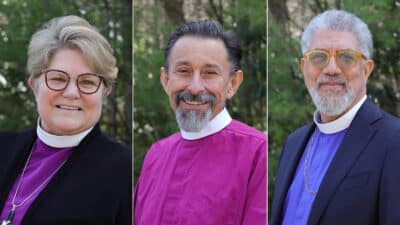









3 Responses
Dealing with abuse has been difficult for the SBC, as all of its congregations are autonomous and there is no hierarchy to require them to follow safety policies for children.
That is such a cop out.
They can’t enforce protections for the children’s safety, but they can expect a church for having a woman pastor.
Yes, why doesn’t the SBC disfellowship any congregation to complying with safety policies. Could it be that there is a nonchalant attitude towards sexual assault and violence? Especially when the perpetrators are powerful and gifted.
Not having safety policies, especially for your vulnerable populations, indicates a heart problem within a church. As an example, I asked my former non-denominational church to review and revise the predator-friendly policies in their bylaws and was ignored. However, a few years previously they were proactive in amending the bylaws so the church building could not be used for a homosexual wedding ceremony. Protecting the church from what they perceived as an institutional threat was important to them; apparently protecting vulnerable people within the congregation isn’t.